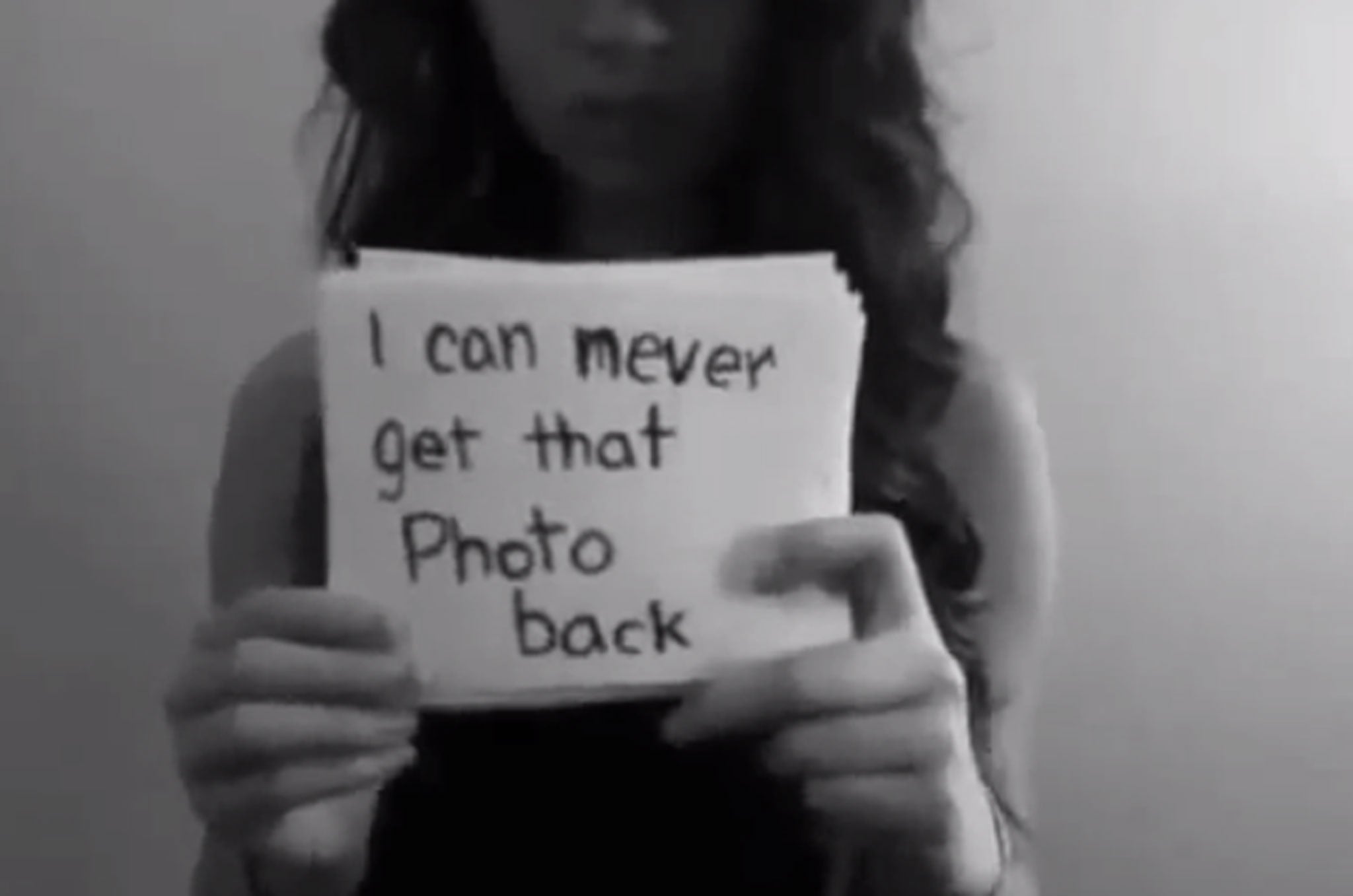The danger lurking in laws to end cyberbullying
In an attempt to protect people, we risk curbing their right to be offensive, inane, or downright ridiculous. What a boring place Twitter would become.

Your support helps us to tell the story
From reproductive rights to climate change to Big Tech, The Independent is on the ground when the story is developing. Whether it's investigating the financials of Elon Musk's pro-Trump PAC or producing our latest documentary, 'The A Word', which shines a light on the American women fighting for reproductive rights, we know how important it is to parse out the facts from the messaging.
At such a critical moment in US history, we need reporters on the ground. Your donation allows us to keep sending journalists to speak to both sides of the story.
The Independent is trusted by Americans across the entire political spectrum. And unlike many other quality news outlets, we choose not to lock Americans out of our reporting and analysis with paywalls. We believe quality journalism should be available to everyone, paid for by those who can afford it.
Your support makes all the difference.Last month, a 15-year-old Canadian girl, Amanda Todd, committed suicide because she was the victim of cyberbullying.
After years of abuse that took place online, she posted a video on YouTube telling her story, then hanged herself. She didn't seek help from a law to protect her from the man who posted a picture of her breasts on his Facebook page. But there was a law to help protect the bullies' right to privacy when the hacktivist group Anonymous released their names online.
The developing law that relates to social media is walking a tightrope between protecting privacy and protecting civil liberties. And, recently, it has got the balance totally, worryingly wrong.
Earlier this week, the 19-year-old man from Canterbury who posted a picture of a burning poppy on Facebook upset a lot of people. Although I don't agree with the act, Kent police's decision to arrest him on suspicion of an offence under the Malicious Communications Act seems seriously misjudged; an infringement of his god-given right to be moronically provocative.
Even more worrying is Section 127 of the Communications Act, which suggests if you re-share or retweet something that breaks the law, you commit the same offence. As far as I know, this hasn’t been enforced yet, but it’s potentially very scary. Twitter would lose any sense of the wonderfully ill-thought out emissions that makes it so interesting, replaced by a barren wasteland of PR messages and lots of people being terribly nice about each other. A sickening thought.
Now another change to the law is to be introduced. From next week, the Harassment Act, which protects people from stalking, bullying and other forms of harassment, will include a clause relating to cyberbullying and cyberstalking. If used properly, this could help protect victims of cyberstalking, like Amanda Todd. If mis-used, it could be another step towards curbing our freedom of expression.
The UK figures for cyberbullying are rising: According to the BeatBullying charity, one in three young people are victims. Three per cent of them have attempted suicide as a result of cyberbullying. These young people need protection, but is it up to the law to, er, lay down the law? What about schools, and parents, and the social networks themselves? The problem with making a hard-and-fast law is that, as we've already seen, it can be mis-used.
Facebook has a rule that if you are under 13 you can't set up a profile on the site, but parents still allow young children to access it. In seventh grade, Amanda Todd would have been 12 years old; that was when she flashed the man online, and that was when he took the photo that haunted her for the rest of her life.
The way we interact online is changing at a pace that the law is struggling to keep up with, while it tries to figure things out, we need to realise that the things our children do online leave a permanent mark.
e.jupp@independent.co.uk
Follow @EmilyJupp
Join our commenting forum
Join thought-provoking conversations, follow other Independent readers and see their replies
Comments